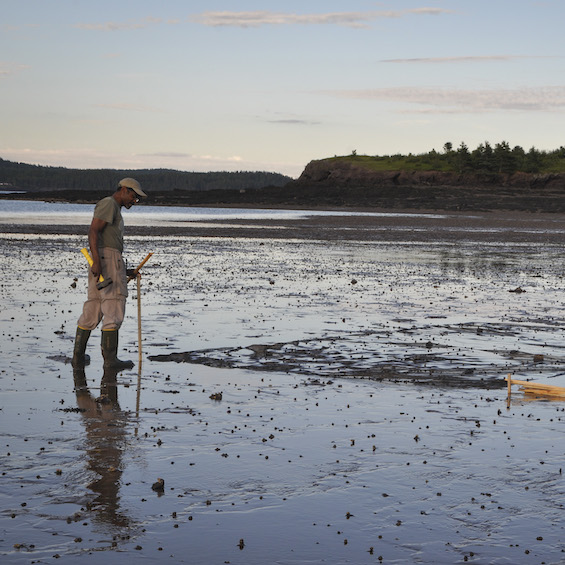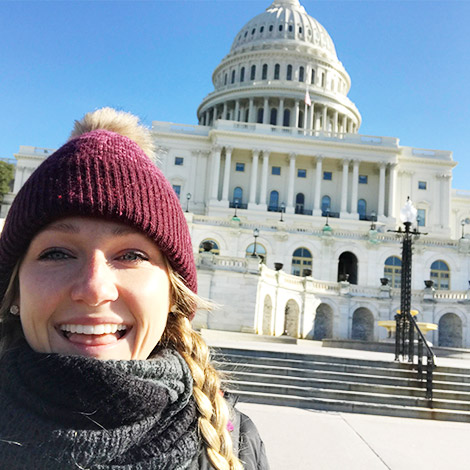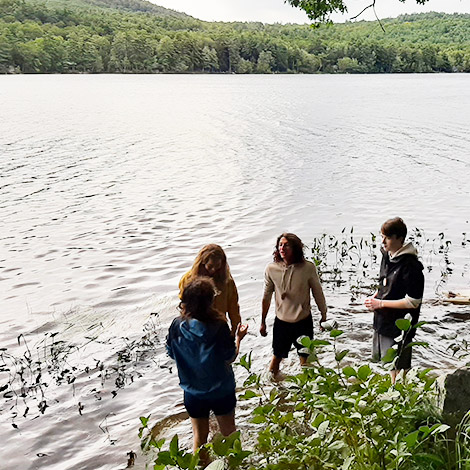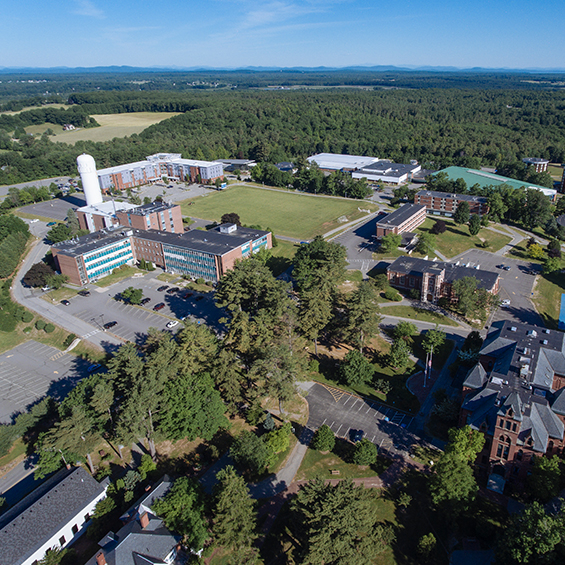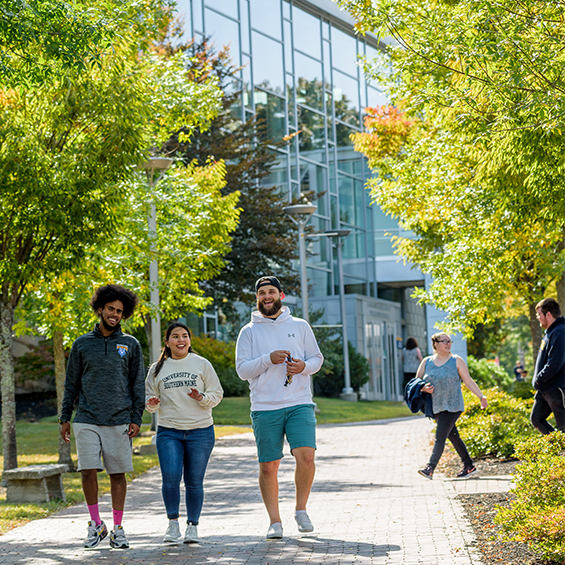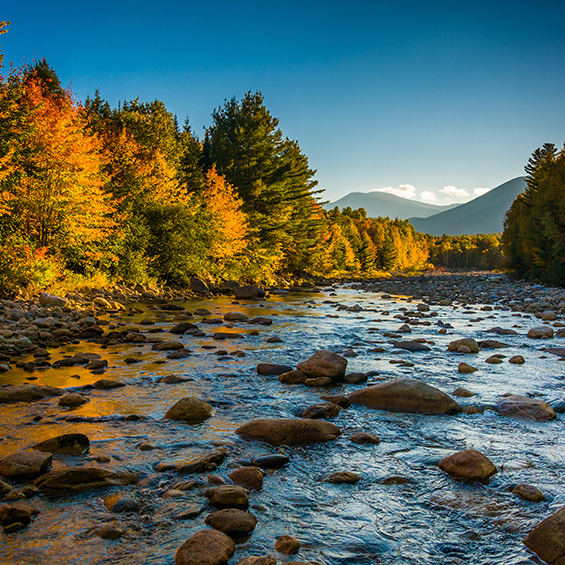Tuition & fees
Costs include tuition, fees, & other costs such as books. New England residents may qualify for a tuition break. See cost details
Financial aid
On average, 92% of enrolled students who file a FAFSA receive an offer. 91% of offers include scholarships, grants, waiver, and/or work-study. Explore aid
Program duration
Typical completion time: 4 years. Flexible options may save time. Explore options
Admissions
SAT & ACT scores optional. Early action & year-round admissions. View application process & deadlines
Program highlights
Expected career outcomes

Career opportunities
Prepare for graduate school or for a variety of professional roles in federal, state, and local government; the private sector; nonprofit organizations; and citizen advocacy groups.
Hands-on learning
You’ll have the opportunity to gain practical planning and policy experience through participation in field-based courses and internships.
Program requirements
Our program introduces you to the foundations of community and natural resource planning. You’ll be trained on policy development, formulation, and implementation through an in-depth examination of policy science, assessment, environmental impact analysis, and environmental economics.
Field immersion course
Our field immersion is designed to teach basic environmental science skills and build community in a long-weekend format. The course includes components on forest, land use, aquatic, wildlife, and human systems. Basic orienteering and map reading, plant identification, and canoeing are emphasized.
Career Exploration Internship Program: Althea Builds Her Career Path from her Passion
Diverse learning spaces
Each faculty member runs a lab dedicated to their specific research, which includes an Aquatics Systems Lab, Aquaponics Lab, Chemical Ecology Lab, Entomology Lab, and Rural Resilience Lab.
Scholarship opportunities
Scholarships offer valuable financial aid that doesn’t need to be repaid. You’ll be automatically considered for Merit Scholarships when you apply for admission by the deadline. Additional opportunities are available.
Highly engaged faculty
Our faculty are environmental consultants and active researchers of municipal climate adaptation, rural community resilience, small-scale forest ecosystems, insect chemical signaling, experimental aquaponic systems, anadromous fish ecology and restoration, water quality monitoring, and vernal pool policy.
Considering transferring to USM?
We welcome students who are transferring from another four-year university or community college. Our knowledgeable Admissions Counselors will help you to navigate the admissions and credit-transfer process.
Do you live in New England?
You may be eligible for a reduced tuition rate, as part of the NEBHE Tuition Break Program.
Looking ahead to graduate school?
Our Accelerated Graduate Pathways to our Policy, Planning, and Management master’s program and to the University of Maine School of Law can save you time and money in earning your graduate degree.
Our helpful admissions counselors are here to answer your questions about the admissions process, our academic programs, and student support services. We also invite you to explore the many ways to visit campus or to engage with us through online experiences.


